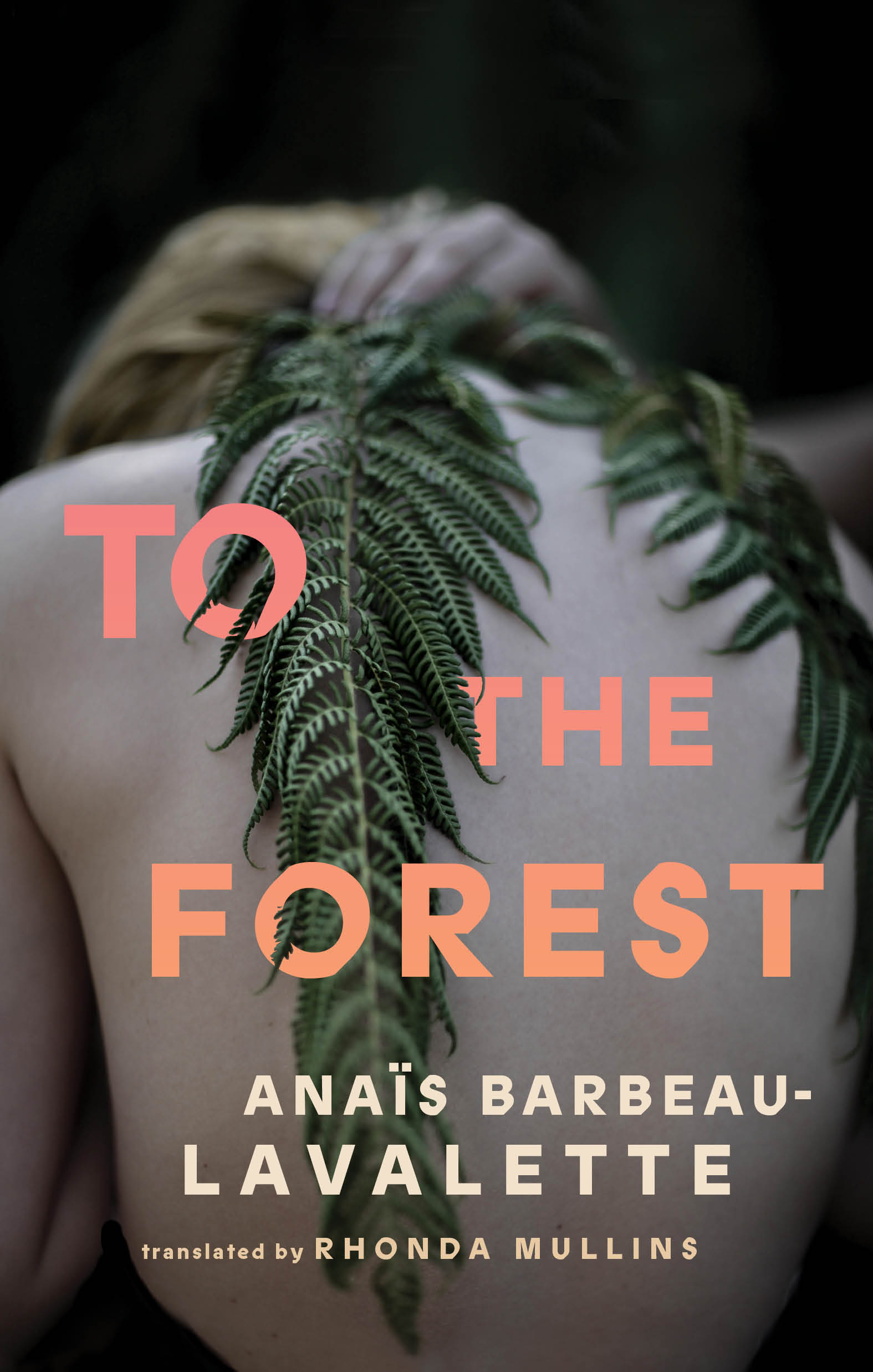To the Forest
by Anaïs Barbeau-Lavalette
(translated by Rhonda Mullins)
Coach House Books
194 pages
$24
Anaïs Barbeau-Lavalette’s autobiographical novel, To the Forest, is one of the few good things to come out of COVID-19. The narrator flees Montreal with her partner, children, and another family to wait out the virus in rural Estrie, in an old house she inherited from her grandmother. Her experiences in this setting provide a meditation on humanity’s relationship with the natural world and with each other.
The narrator explores the tension between rootedness in her interior life and her engagement with the outer world, which includes nature and other people, both living and dead. Her children are both a source of depletion and nourishment for her, a push-pull of relationships that occurs with adults as well. Although the narrator is deeply in love with her husband, she occasionally seeks other partners, suggesting that humans thrive on both deep connection and freedom.
The narrator acknowledges nature as a being in its own right. She several times refers to trees as though they are human, such as “the last one to have spent time with Van Gogh, in 1890,” or the tree that “witnesses” the survival of her grandfather in the 1944 D-Day invasion. However, the narrator resists idealizing nature; for her, it is a source of both comfort and danger. In her relationship with nature, she confronts mortality.
To the Forest also reads like the best kind of poetry: spare but not gratuitously obscure, rendering the world with sharp imagery and skilled use of metaphor. The five children messily eating breakfast contribute to the “violent infancy of the day” and the use of descriptive sentence fragments functions like a painter’s brush strokes to create imagery without an excess of words: “In the trailer behind the tractor, a mountain of twigs, brambles, and dried grass.” Both the language and the structure of the book seem organic: short paragraphs in unnamed and unnumbered sections of varying lengths read like parts of a larger whole and are connected with skillful transitions often based on an image or metaphor. The elegance of the language is a testament to the skill of both the writer and the translator, Rhonda Mullins, who translated the author’s two previous books, as well.
Although the book uses Covid-induced isolation as its jumping-off point, it is not a “Covid book.” It goes far beyond, exploring themes of separateness and togetherness, both between nature and humanity and among ourselves. During a time of climate change and viruses, Barbeau-Lavalette fittingly honours the interconnectedness of all life on the planet.














